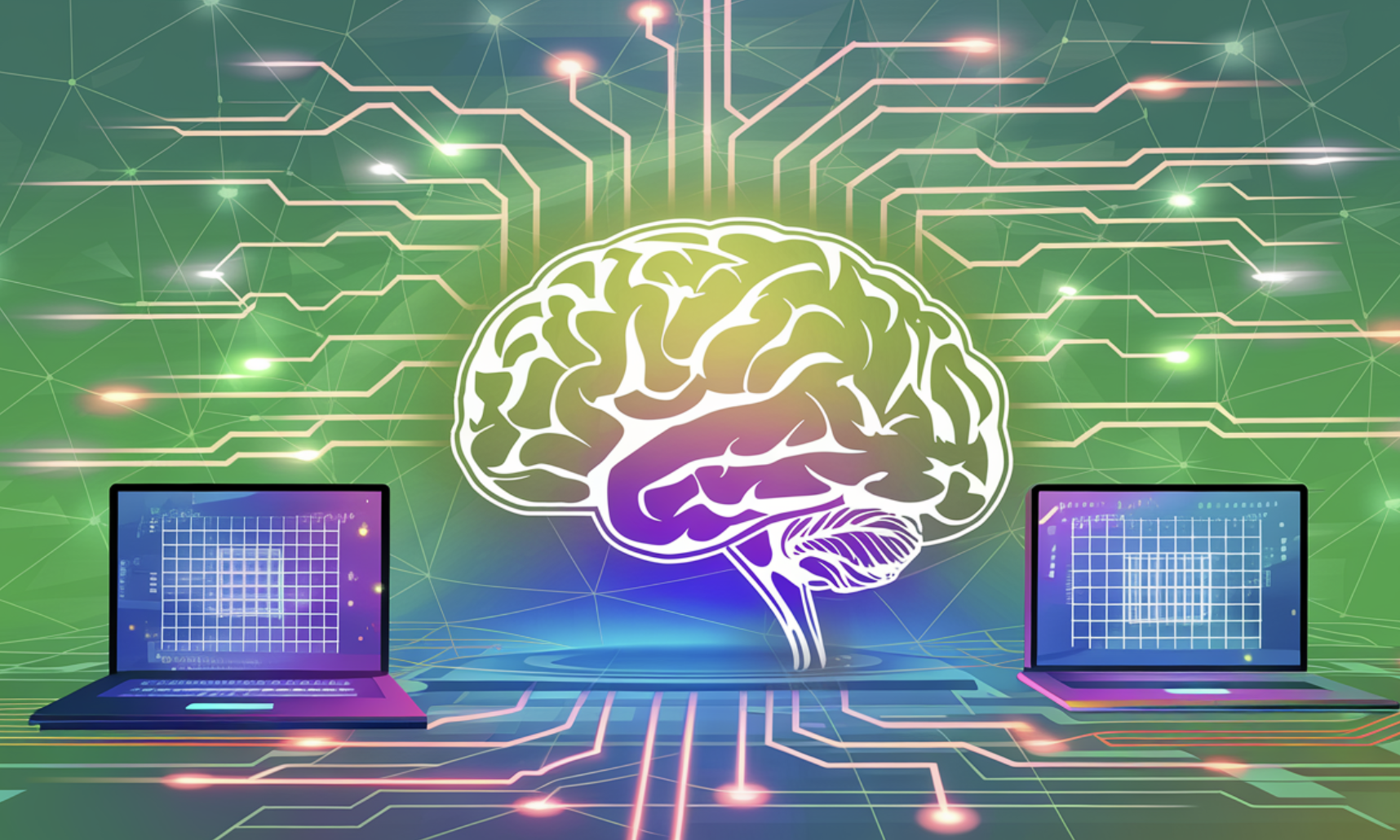
The Rise of Data in the Digital Age
The digital age generates a vast amount of data daily, including text, images, audio, and video. While traditional machine learning can be useful, it often struggles with complex and unstructured data. This can lead to missed insights, especially in critical areas like medical imaging and autonomous driving. To address these challenges, deep learning models have been developed to learn directly from raw data.
What is Deep Learning?
Deep learning is a type of machine learning that mimics how the human brain works. It uses artificial neural networks with multiple layers to identify complex patterns in data. Unlike traditional methods that require manual feature extraction, deep learning automatically learns from the data, making it effective for tasks like image recognition and language translation.
Key Features of Deep Learning:
- Automatic Feature Extraction: Reduces the need for manual data preparation.
- High Accuracy: Provides excellent performance across various tasks.
- Scalability: Works well with large datasets.
- Versatility: Applicable in numerous fields, from healthcare to finance.
Technical Details and Benefits
Deep learning utilizes various neural network architectures:
- Convolutional Neural Networks (CNNs): Ideal for image and video analysis.
- Recurrent Neural Networks (RNNs): Best for sequential data like text and time series.
- Transformers: Excellent for natural language processing tasks.
These models require large datasets and powerful hardware, such as GPUs, to function effectively.
Deep Learning Frameworks
Some popular frameworks for deep learning include:
- PyTorch
- TensorFlow
- JAX
- PaddlePaddle
- MATLAB
- Theano
- Keras
- Deeplearning4j (DL4J)
Applications and Impact
Deep learning has transformed various industries by extracting insights from complex data:
- Healthcare: AI models analyze medical images for early disease detection.
- Autonomous Vehicles: CNNs help self-driving cars understand road conditions.
- Natural Language Processing: Models like GPT and BERT enhance chatbots and translation services.
- Finance: Deep learning aids in fraud detection by analyzing transaction data.
Companies like Netflix use deep learning to improve user satisfaction through personalized recommendations.
Conclusion
Deep learning is revolutionizing how machines learn and make decisions. By imitating the brain’s processing methods, it has significantly influenced various sectors. However, challenges such as high computational costs and data privacy issues remain, highlighting the need for ongoing research and innovation.
Get Started with AI
If you want to enhance your business with AI, consider these steps:
- Identify Automation Opportunities: Find areas where AI can improve customer interactions.
- Define KPIs: Ensure your AI initiatives have measurable impacts.
- Select an AI Solution: Choose tools that fit your needs and allow customization.
- Implement Gradually: Start small, gather data, and expand usage wisely.
For AI KPI management advice, contact us at hello@itinai.com. For ongoing insights, follow us on Telegram or @itinaicom.
Discover how AI can transform your sales and customer engagement at itinai.com.


























